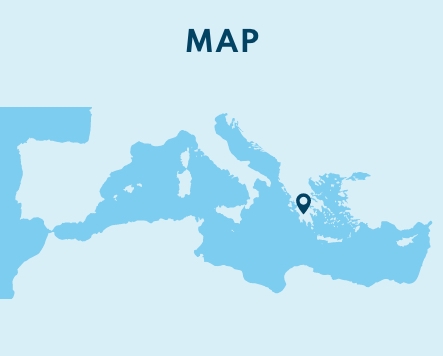
INCA Greece
Addressing the interaction between small-scale fisheries & megafauna in Greece.
The INCA project is addressing the interaction between small-scale fisheries and megafauna in Greece.
Objectives
- Provide robust data on the impact of fishing activities on marine megafauna in Greece (port visits, conducting interviews, onboard observations,
- Complete on-going advocacy work to mitigate marine megafauna and small-scale fisheries conflict in Greece (including the establishment of a fair national compensatory system for small-scale fishers and incidental reduction measures)
- Promote the development of a national compensatory system to fishers and propose feasible and scientifically robust alternatives to the national authorities.
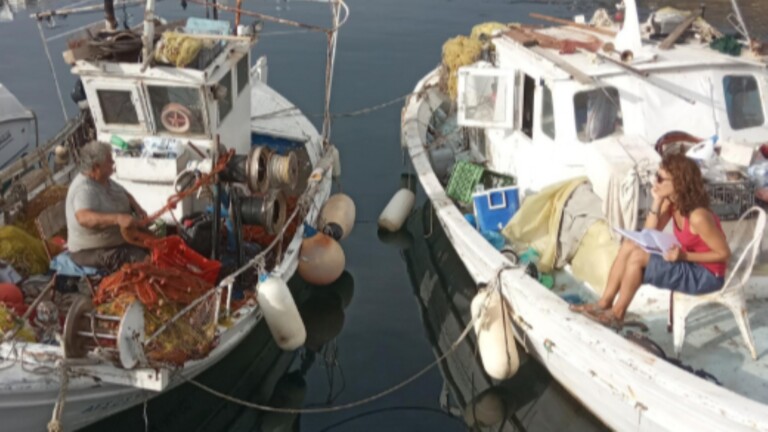
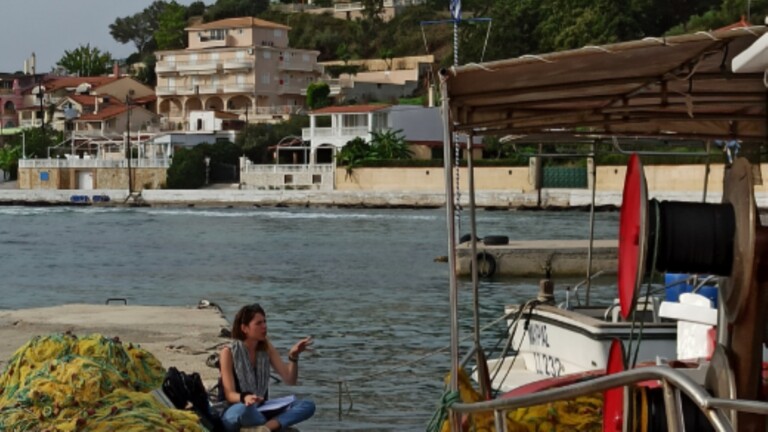
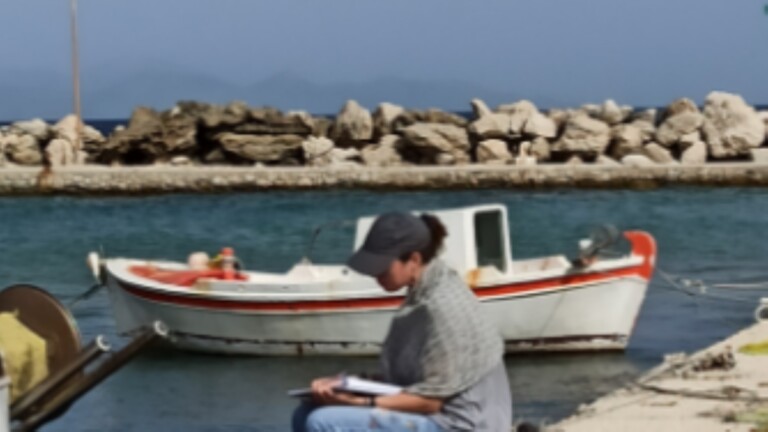
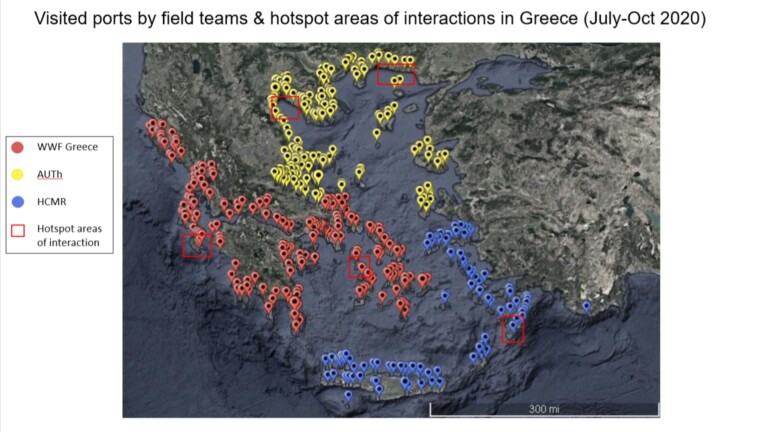
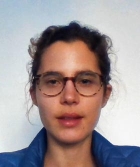
Amalia Alberini
Amalia is a marine biologist and an environmental management expert specialized in protected areas for marine mammals. Amalia is a Cetacean Conservation Officer at the WWF Greece and the project coordinator of the INCA project for sustainable small-scale fishery.
Partners
Greece is a country with rich marine life, and it hosts an important number of species of marine megafauna. Greek waters are also a productive fishing area, therefore the fishing industry is an important part of the local economy and supports coastal communities. However, fishing activities being so intensively operating are endangering, directly and indirectly, the country’s marine megafauna, with serious consequences for the preservation and well-being of keystone species such as cetaceans, monk seals, sea turtles, seabirds, sharks, and rays, but also with economic consequences for fishers. Based on this observation, the INCA project was born to find solutions.
Budget (total) : 518,671€
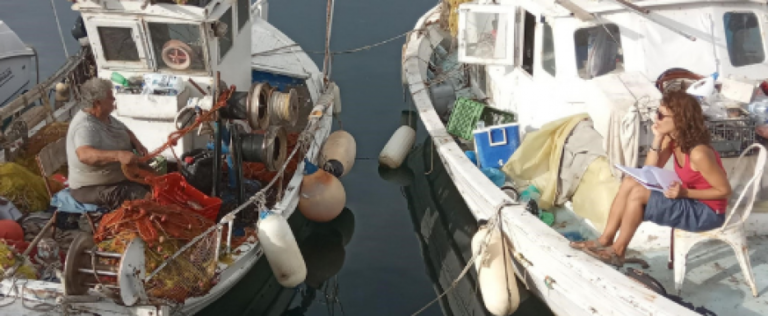
Resilience in time of Covid-19
Addressing the interaction between small-scale fisheries and marine megafauna in Greece despite of the COVID situation.





